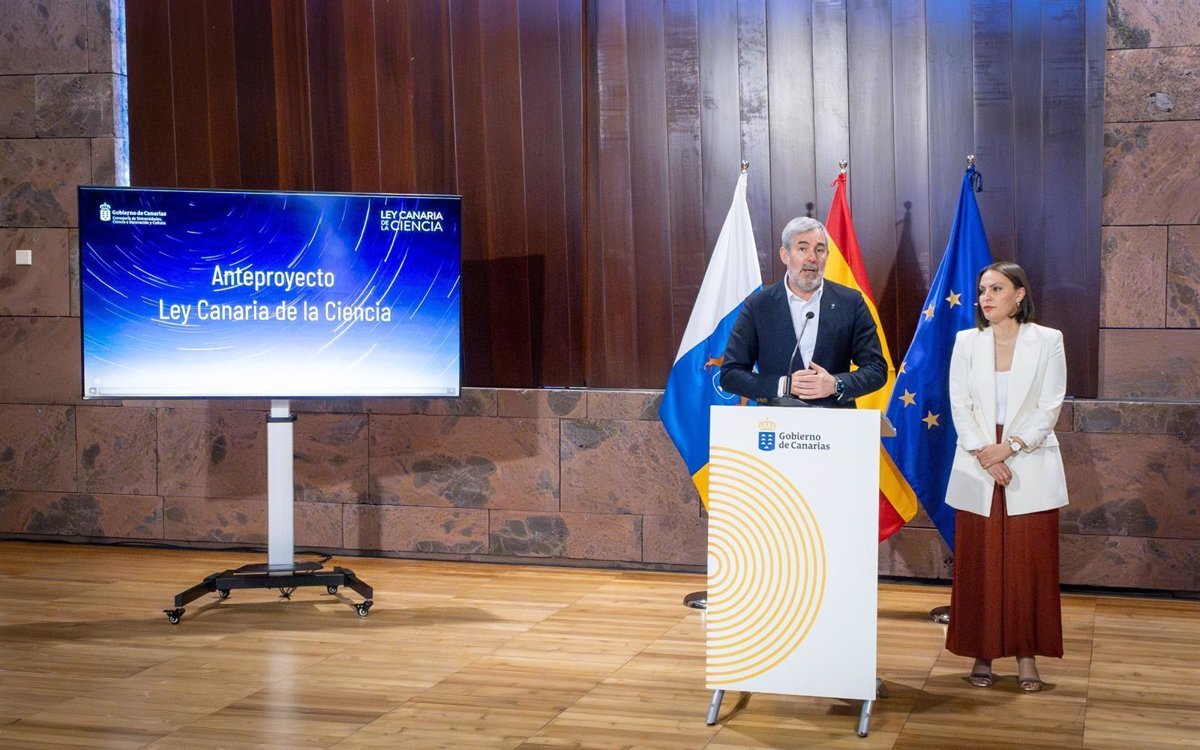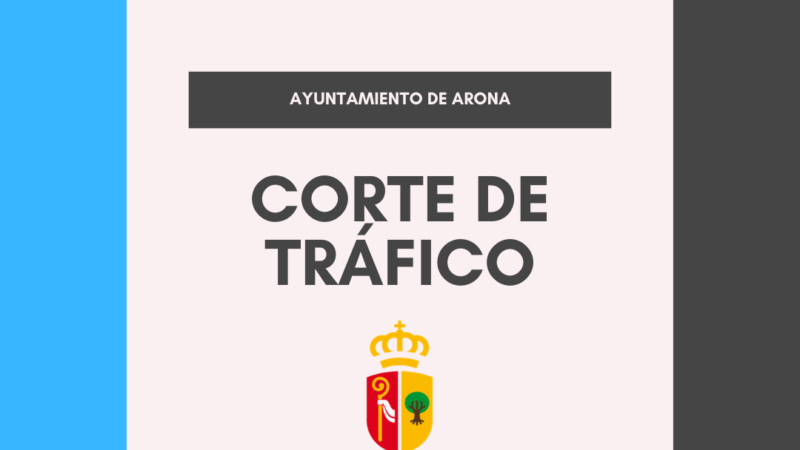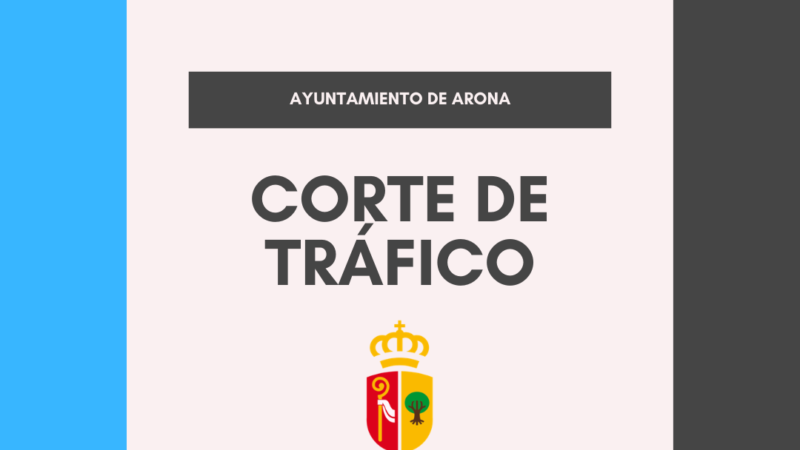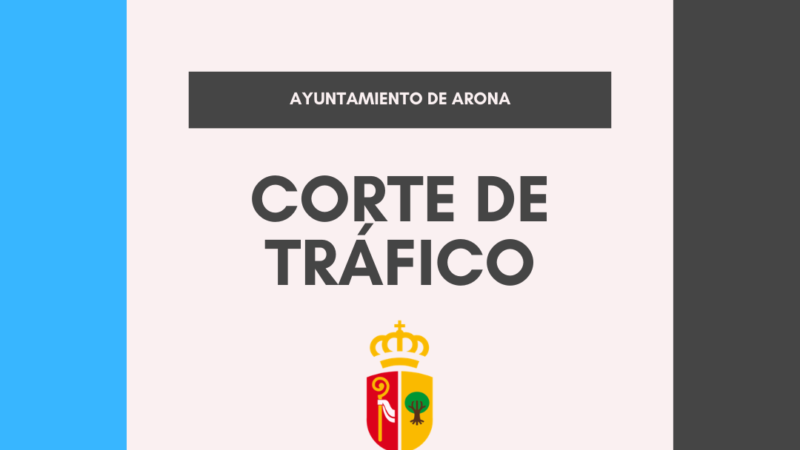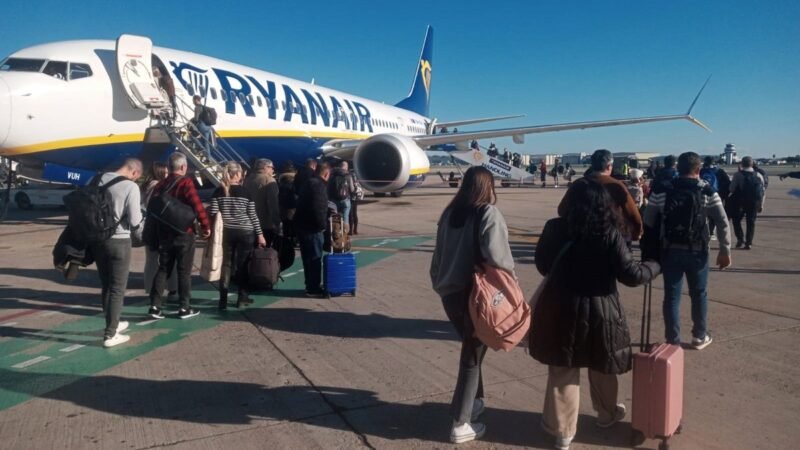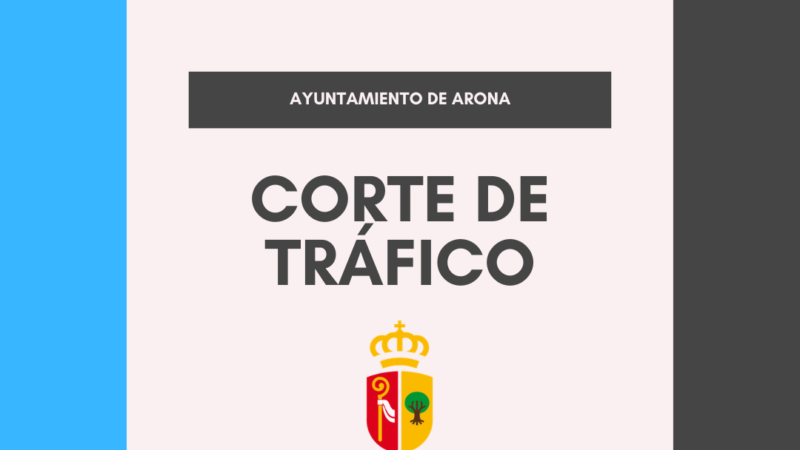The President of the Government of the Canary Islands, Fernando Clavijo, and the Minister of Science, Culture, and Universities, Migdalia Machín, presented the draft of the new Canarian Science Law on Tuesday.
The law, already sent to Parliament for processing, replaces a regulatory framework in place since 2001, and stems from a participatory process involving public universities, research centers, technology companies, professional associations, and public administrations actively participating in its design.
One of the key pillars of the new law is the consolidation of stable public funding, with goals aligned with European commitments for 2030, aiming to reach 3% of GDP by 2030 –currently not reaching 1%–.
Furthermore, it establishes specific tax incentives, such as zero IGIC for operations related to innovation; streamlines procedures for project implementation and ensures preferential processing for R&D&I actions, removing bureaucratic barriers that have so far limited the research and transfer potential of the islands.
During the presentation, the President of the Canary Islands Government, Fernando Clavijo, emphasized that «Canarias cannot rely solely on what it has, but on what it knows.»
This law, he said, «reflects a development model that places knowledge at the center, generates opportunities from our uniqueness, and makes research a real path to diversify the economy, create jobs, and gain sovereignty as a people.»
According to Clavijo, «we have always been aware that, to promote scientific development, there must be budgetary commitments from the public sector, but also full collaboration from universities, knowledge agents, companies, and research centers, to whom I am grateful for their proposals for drafting the text.»
Both from the Ministry and from the Government Presidency, through the General Directorate of Organic Coordination and Strategic Projects, 17 strategic projects have been selected within 14 priority lines, related to astrophysics, space and aeronautics, emerging industries, energy, sustainability, vocational training, internationalization, and digitization.
«Tangible examples include improving healthcare attention and management with complex technological platforms, or the creation of the stratoport in Fuerteventura that can be a spearhead to turn the Canary Islands into innovation and science hubs in the space and aeronautics field, and have an impact on environmental protection, with fire monitoring or maritime pollution events,» detailed the President.
TALENT
The norm also includes specific measures to attract, train, and retain talent, with return and reconciliation programs, and addresses emerging challenges such as regulating the ethical use of artificial intelligence, strengthening public-private collaboration, and promoting innovative environments open to society.
Machín stated that «this law responds to the social mandate to provide the Canary Islands with a brave, modern, and useful scientific policy.»
She mentioned that they have «listened to the ecosystem» and incorporated it into the process. «Today we present a norm that arises from collective commitment and aims to serve a society that is more prepared, fairer, and freer,» she highlighted.
The future implementation of the Canary Islands R&D&I Plan until 2030, foreseen in the law, will enable the deployment of these measures through specific programs aimed at strategic sectors for the islands.
This tool will strengthen the connection with Europe and facilitate better coordination between administrations, knowledge centers, and the productive fabric.
The Minister now expects a «broad and agile» backing in the Chamber without «controversies» since they are «legislating the past and present» of the Canary Islands, although she believes there will be «modifications» due to the «accelerated» changes in the scientific field.

